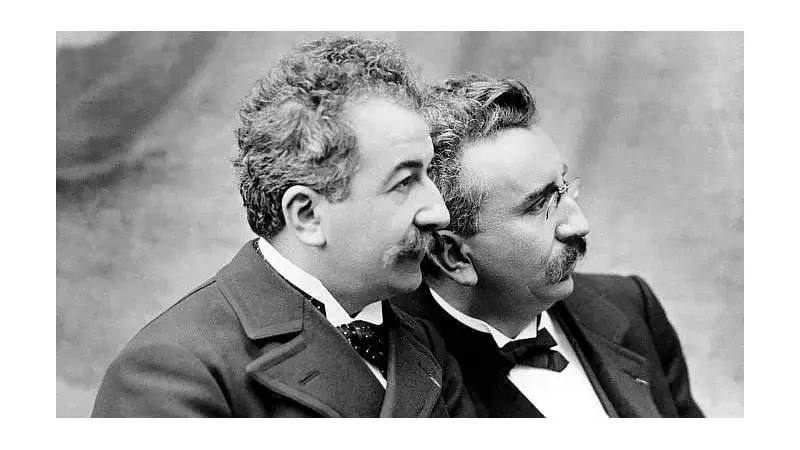
In a spectacular tribute to the very origins of moving pictures, Thierry Frémaux, the esteemed director of the Cannes Film Festival, has curated a groundbreaking documentary that brings the Lumière brothers' revolutionary invention to life for contemporary audiences. As cinema marks 130 years since that historic first screening, this film offers a fresh perspective on how two French brothers forever changed global entertainment.
The Birth of a Global Phenomenon
On December 28, 1895, at Paris's Salon Indien du Grand Café, Auguste and Louis Lumière unveiled their Cinématographe to a mesmerized audience. The 46-second film Workers Leaving the Lumière Factory didn't just capture employees ending their workday—it captured humanity's imagination and launched an art form that would span continents and centuries.
Frémaux's Cinematic Homage
What makes Frémaux's documentary particularly compelling is his unique position as both historian and contemporary cinema gatekeeper. His curation doesn't merely present historical facts but weaves a narrative connecting those first flickering images to the billion-dollar global industry cinema has become today.
The documentary showcases:
- Rare archival footage and photographs from the Lumière archives
- Expert commentary from film historians and contemporary filmmakers
- The technological evolution from simple projectors to modern digital cinema
- The global spread of cinema from Paris to Mumbai's thriving film industry
India's Connection to Cinema Heritage
For Indian audiences, this documentary holds special significance. Just seven months after the Lumière screening, Bombay witnessed its first film screening in 1896, beginning India's own remarkable journey with cinema that would eventually produce the world's largest film industry.
"The Lumière brothers didn't just invent a technology—they created a universal language," Frémaux notes in the documentary. "From Parisian cafes to Indian single-screen theaters, cinema became humanity's shared dreamscape."
Preserving Film Legacy for New Generations
Beyond celebrating history, the documentary serves as crucial preservation work. As film formats evolve and physical media faces digital replacement, understanding cinema's roots becomes increasingly important for filmmakers and audiences alike.
The timing couldn't be more relevant—as streaming platforms and AI-generated content reshape entertainment, revisiting cinema's pure, revolutionary beginnings offers both inspiration and perspective about storytelling's enduring power.
Frémaux's documentary stands as both educational resource and emotional tribute, ensuring that the magic of those first projected images continues to inspire future generations of filmmakers and cinephiles across India and the world.





